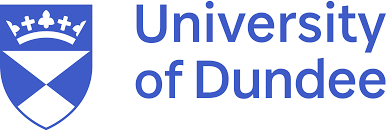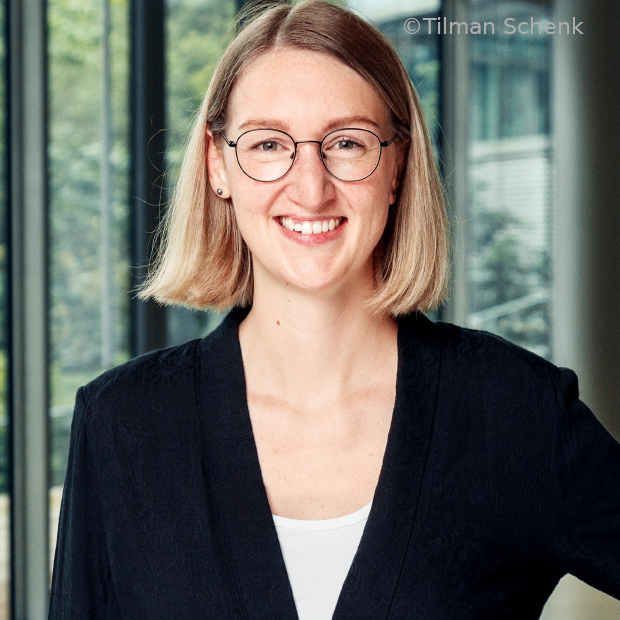The 10th Workshop on Argument Mining
December 7, 2023 - HYBRID format
Co-located with EMNLP 2023 in Singapore
ArgMining 2023 is over. Thanks to everyone for participating!
Argument mining (also known as "argumentation mining") is a gradually maturing research area within computational linguistics. At its heart, argument mining involves the automatic identification of argumentative structures in free text, such as the conclusions, premises, and inference schemes of arguments as well as their interrelations and counter-considerations. To date, researchers have investigated argument mining on genres such as legal documents, product reviews, news articles, online debates, user-generated web discourse, Wikipedia articles, scholarly data, persuasive essays, tweets, and dialogues. Aside from mining argumentative components, the field focuses on studying argument quality assessment, argument persuasiveness, and the synthesis of argumentative texts.
Argument mining gives rise to various practical applications of great importance. In particular, it provides methods that can find and visualize the main pro and con arguments in a text corpus --- or even in an argument search on the web --- towards a topic or query of interest. In instructional contexts, written and diagrammed arguments represent educational data that can be mined for conveying and assessing students' command of course material. Moreover, debate technologies like IBM Project Debater that drew a lot of attention recently rely heavily on argument mining tasks.
While solutions to basic tasks such as component segmentation and classification slowly become mature, many tasks remain largely unsolved, particularly in more open genres and topical domains. Success in argument mining requires interdisciplinary approaches informed by NLP technology, theories of semantics, pragmatics and discourse, knowledge of discourse in application domains, artificial intelligence, information retrieval, argumentation theory, and computational models of argumentation.
Program
09:00–09:10 Opening Remarks
09:10–10:10 Panel Session
10:10–10:34 Paper Session I
- Dimensionality Reduction for Machine Learning-based Argument Mining (Andrés Segura-Tinoco and Iván Cantador)
- Argument Detection in Student Essays under Resource Constraints (Omid Kashefi, Sophia Chan and Swapna Somasundaran)
10:34–11:00 Break
11:00–12:30 Paper Session II
- On the Impact of Reconstruction and Context for Argument Prediction in Natural Debate (Zlata Kikteva, Alexander Trautsch, Patrick Katzer, Mirko Oest, Steffen Herbold and Annette Hautli-Janisz)
- Unsupervised argument reframing with a counterfactual-based approach (Philipp Heinisch, Dimitry Mindlin and Philipp Cimiano)
- Legal Argument Extraction from Court Judgements using Integer Linear Programming (Basit Ali, Sachin Pawar, Girish Palshikar, Anindita Sinha Banerjee and Dhirendra Singh)
- Teach Me How to Argue: A Survey on NLP Feedback Systems in Argumentation (Camelia Guerraoui, Paul Reisert, Naoya Inoue, Farjana Sultana Mim, Keshav Singh, Jungmin Choi, Irfan Robbani, Shoichi Naito, Wenzhi Wang and Kentaro Inui)
- Detecting Argumentative Fallacies in the Wild: Problems and Limitations of Large Language Models (Ramon Ruiz-Dolz and John Lawrence)
- Constituency Tree Representation for Argument Unit Recognition (Samuel Guilluy, Florian Mehats and Billal Chouli)
- Mind the Gap: Automated Corpus Creation for Enthymeme Detection and Reconstruction in Learner Arguments [Findings] (Maja Stahl, Nick Düsterhus, Mei-Hua Chen and Henning Wachsmuth)
- Automatic Analysis of Substantiation in Scientific Peer Reviews [Findings] (Yanzhu Guo, Guokan Shang, Virgile Rennard, Michalis Vazirgiannis and Chloé Clavel)
12:30–14:00 Lunch
14:00–15:00 Shared Task Session
- 14:00–14:30 ImageArg-Shared-Task-2023: The First Shared Task in Multimodal Argument Mining (Zhexiong Liu, Mohamed Elaraby, Yang Zhong and Diane Litman)
- 14:30–15:00 PragTag-2023: The First Shared Task on Pragmatic Tagging of Peer Reviews (Nils Dycke, Ilia Kuznetsov and Iryna Gurevych)
15:00–16:00 Poster Session
- Shared Task Papers
- Main Workshop Papers
15:30–16:00 Break
16:00–17:00 Keynote Speech
17:00–17:52 Paper Session III
- Towards Fine-Grained Argumentation Strategy Analysis in Persuasive Essays (Robin Schaefer, René Knaebel and Manfred Stede)
- Using Fill-Mask Language Model Probabilities of Connectives for Stance Detection in English Discourse (Regina Stodden, Laura Kallmeyer, Lea Kawaletz and Heidrun Dorgeloh)
- Stance-Aware Re-Ranking for Non-factual Comparative Queries (Jan Heinrich Reimer, Alexander Bondarenko, Maik Fröbe and Matthias Hagen)
- Unveiling the Power of Argument Arrangement in Online Persuasive Discussions [Findings] (Nailia Mirzakhmedova, Johannes Kiesel, Khalid Al Khatib and Benno Stein)
- High-quality argumentative information in low resources approaches improves counter-narrative generation [Findings] (Damián Furman, Pablo Torres, José Rodríguez, Diego Letzen, Maria Vanina Martinez and Laura Alonso Alemany)
18:00–18:15 Closing Remarks + Best Paper Award
Panel Session
In celebration of the 10th anniversary of the workshop series, we will host a panel session to reflect on the past and future of argument mining with the following renowned researchers in the field:
Keynote Speaker

Title: "Project Debater and argument mining - a historical and somewhat personal perspective"
IBM Research AI; founder and Principal Investigator of Project Debater
Best Paper Award
Best Paper
Unsupervised argument reframing with a counterfactual-based approach (Philipp Heinisch, Dimitry Mindlin and Philipp Cimiano)
Best Paper Nominations
- Towards Fine-Grained Argumentation Strategy Analysis in Persuasive Essays (Robin Schaefer, René Knaebel and Manfred Stede)
- Argument Detection in Student Essays under Resource Constraints (Omid Kashefi, Sophia Chan and Swapna Somasundaran)
Committee
Organizing Committee
Program Committee
- Rodrigo Agerri, University of the Basque Country
- Yamen Ajjour, Leibniz Universität Hannover
- Khalid Al Khatib, University of Groningen
- Tariq Alhindi, Columbia University
- Emily Allaway, Columbia University
- Safi Eldeen Alzi'abi, Isra University
- Özkan Aslan, Afyon Kocatepe University
- Roy Bar-Haim, IBM Research AI
- Miriam Butt, University of Konstanz
- Elena Cabrio, CNRS, Inria, I3S
- Claire Cardie, Cornell University
- Jonathan Clayton, University of Sheffield
- Johannes Daxenberger, summetix
- Lorik Dumani, Trier University
- Roxanne El Baff, German Aerospace Center (DLR)
- Ivan Habernal, Technische Universität Darmstadt
- Shohreh Haddadan, University of Luxembourg
- Yufang Hou, IBM Research AI
- Xinyu Hua, Bloomberg AI
- Lea Kawaletz, HHU Düsseldorf
- Christopher Klamm, University of Mannheim
- Gabriella Lapesa, University of Stuttgart
- John Lawrence, University of Dundee
- Beishui Liao, Zhejiang University
- Simon Parsons, University of Lincoln
- Georgios Petasis, NCSR Demokritos, Athens
- Olesya Razuvayevskaya, University of Sheffield
- Chris Reed, University of Dundee
- Patrick Saint-Dizier, IRIT, CNRS
- Robin Schaefer, University of Potsdam
- Jodi Schneider, University of Illinois Urbana-Champaign
- Gabriella Skitalinskaya, Leibniz Universität Hannover
- Manfred Stede, University of Potsdam
- Benno Stein, Bauhaus-Universität Weimar
- Simone Teufel, University of Cambridge
- Serena Villata, Université de Nice
- Henning Wachsmuth, Leibniz Universität Hannover
- Vern R. Walker, Hofstra University
- Timon Ziegenbein, Leibniz Universität Hannover
Past Workshops
Policy
We abide by the ACL anti-harassment policy.
Sponsors



















